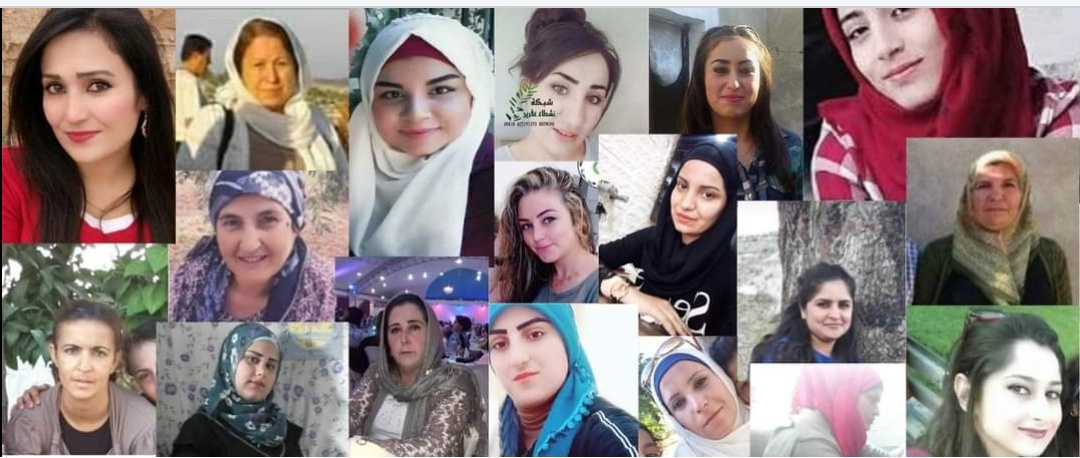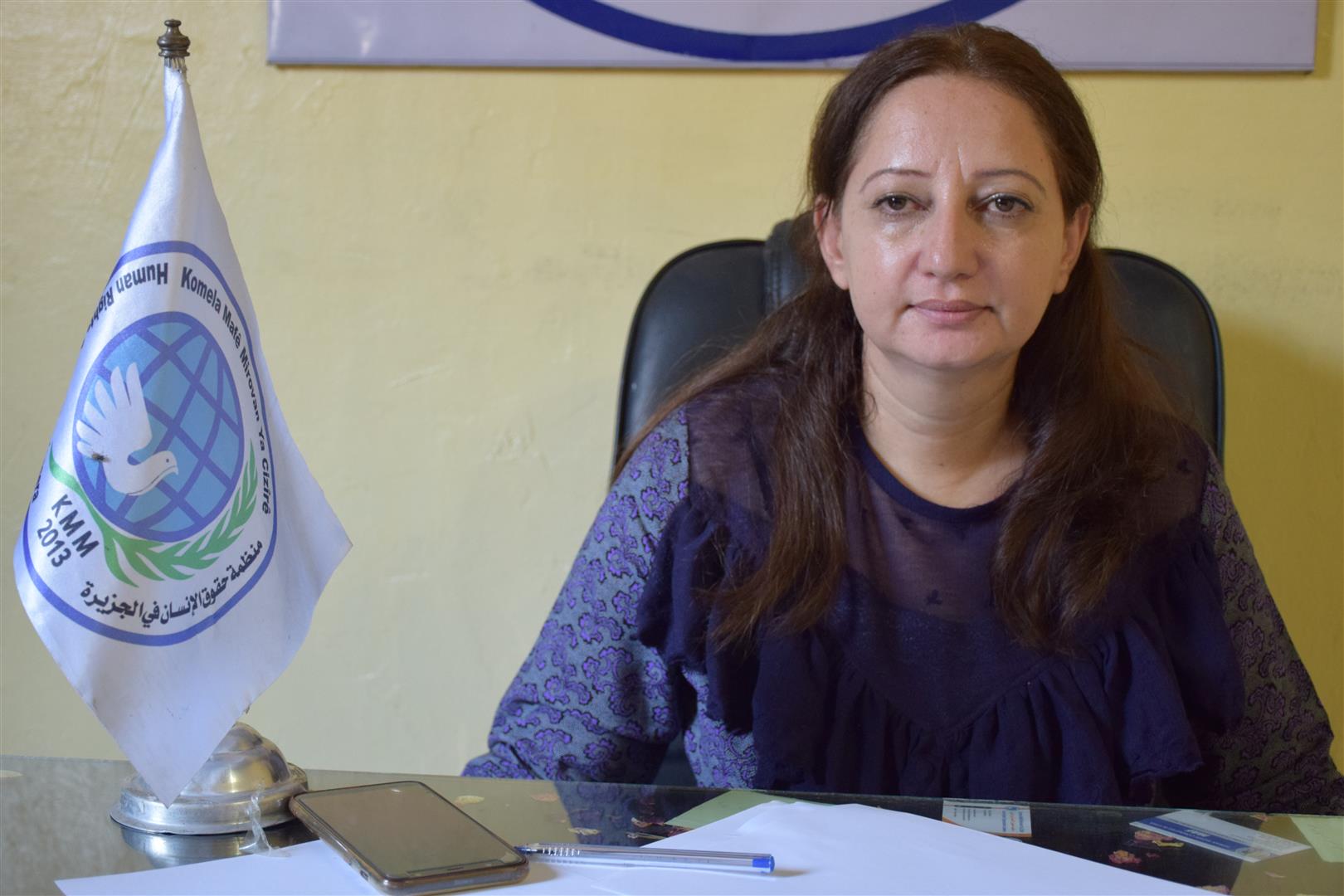Syrians continue to be killed, suffer severe hardships and grave rights violations, despite a relative reduction in largescale hostilities since the 5 March ceasefire, according to the latest findings of the UN Syrian Commission of Inquiry.
The Commission of Inquiry’s 25-page report released today documents continuing violations and abuses by nearly every conflict actor controlling territory in Syria. It also highlights an increase in patterns of targeted abuses such as assassinations, sexual and gender-based violence against women and girls, and looting or appropriation of private property, with sectarian undertones. Civilian suffering is a constant and personal feature of this crisis.
Following the July release of a special investigation into Idlib and surrounding areas, the present report focuses on violations happening away from the epicentres of large-scale hostilities during the first half of 2020.
Nearly a decade into the conflict, enforced disappearance and deprivation of liberty continue to be instrumentalized by almost all parties to instil fear and supress dissent among the civilian population or simply as extortion for financial gain. The report documents a multitude of detention-related violations by Government forces, the Syrian National Army (SNA), the Syrian Democratic Forces (SDF), Hay’at Tahrir al-Sham and other parties to the conflict.
In the case of Government forces, the recent cases of enforced disappearance, torture, sexual violence and deaths in custody amount to crimes against humanity, the report concludes. The continued use of these abhorrent practices also exacerbated tensions with communities in southern Governorates, such as Dar’a and Suwayda’, and led to further clashes in the reporting period.
In Afrin and surrounding area, the report documents how the SNA may have committed the war crimes of hostage-taking, cruel treatment and torture, and rape. In the same region scores of civilians were killed and maimed by large improvised explosive devices, as well as during shelling and rocket attacks. Men, women and children died while buying groceries in crowded markets. Looting and appropriation of private land by the SNA was rife, particularly in Kurdish areas. Not only individuals have come under attack, but also whole communities and cultures. Satellite imagery (annexed) shows how invaluable UNESCO heritage sites have been destroyed and looted.
The deepening economic crisis, the impact of sanctions and the COVID-19 pandemic further diminished Syrians’ prospects of attainting an adequate standard of living, the report notes. Living conditions across the country remain deplorable and in some cases are worsening. In large swathes of Government-controlled areas, barriers to return are omnipresent with civilians being deliberately prevented from returning to their houses and exercising proprietary and other economic and social rights.
“The dramatic increase in those suffering from food insecurity in Syria in the first half of 2020 is deeply concerning. All barriers to the provision of humanitarian aid must be removed,” said Commissioner Karen Koning AbuZayd.
Turning to the long-term internment of allegedly ISIL-associated individuals in the northeast by the SDF, the Commission found that such confinement amounts to unlawful deprivation of liberty in inhumane conditions. While recognising the vast complexities of the situation, the deprivation of liberty of civilians cannot continue in perpetuity, they conclude. The Commission calls upon Member States to take back their nationals in the Syrian Arab Republic who are allegedly associated with ISIL, in particular children with their mothers.
“All parties in Syria detain civilians without a scintilla of evidence or due process. All those arbitrarily deprived of their liberty must be released. The international community can and must do more, particularly regarding the camps in the northeast where they can have immediate impact if they have the political will to act,” Commissioner Hanny Megally declared.
The report concludes with a number of recommendations, foremost among them that all parties must pursue a long-lasting, nationwide ceasefire, in line with Security Council resolution 2254 (2015). The Commission stresses that immediate and large-scale prisoner releases from all facilities are essential to save lives. While the Commission has consistently urged such releases based on abhorrent, inhuman conditions of detention, the urgency is even greater now given that overcrowded prisons are breeding grounds for COVID-19. The Commission also urges the Government to take urgent, comprehensive steps to reveal the fates of those detained or disappeared.
“I urge all parties to the conflict to heed these recommendations, in particularly regarding achieving a sustainable peace. For nearly a decade all calls to protect women, men, boys and girls have been ignored. There are no clean hands in this conflict but the status quo cannot endure”, urged Commission of Inquiry Chair Paulo Pinheiro.
The Commission’s report is scheduled to be presented on 22 September during an interactive dialogue at the Human Rights Council.
Background
The Independent International Commission of Inquiry on the Syrian Arab Republic, which comprises Mr. Paulo Sérgio Pinheiro (Chair), Ms. Karen Koning AbuZayd, and Mr. Hanny Megally has been mandated by the United Nations Human Rights Council to investigate and record all violations of international law since March 2011 in the Syrian Arab Republic.
The full report and supporting documentation can be found on the Independent International Commission of Inquiry on the Syrian Arab Republic’s Twitter and its webpage.
Media contact:Rolando Gómez, Media Officer, OHCHR, Human Rights Council Branch, rgomez@ohchr.org or +41 22 917 9711 / + 41 79 477 4411


